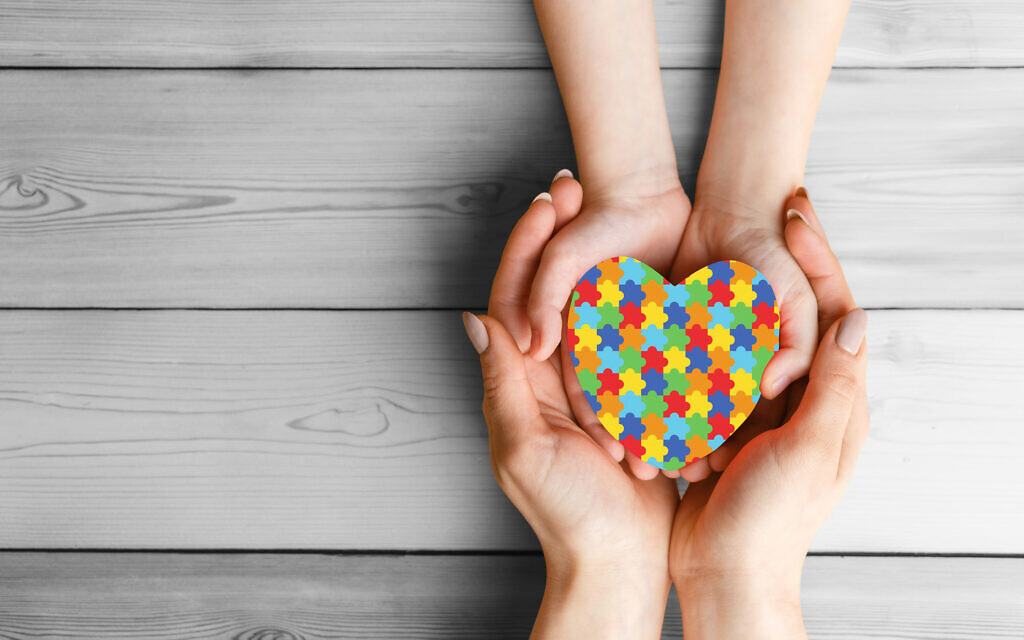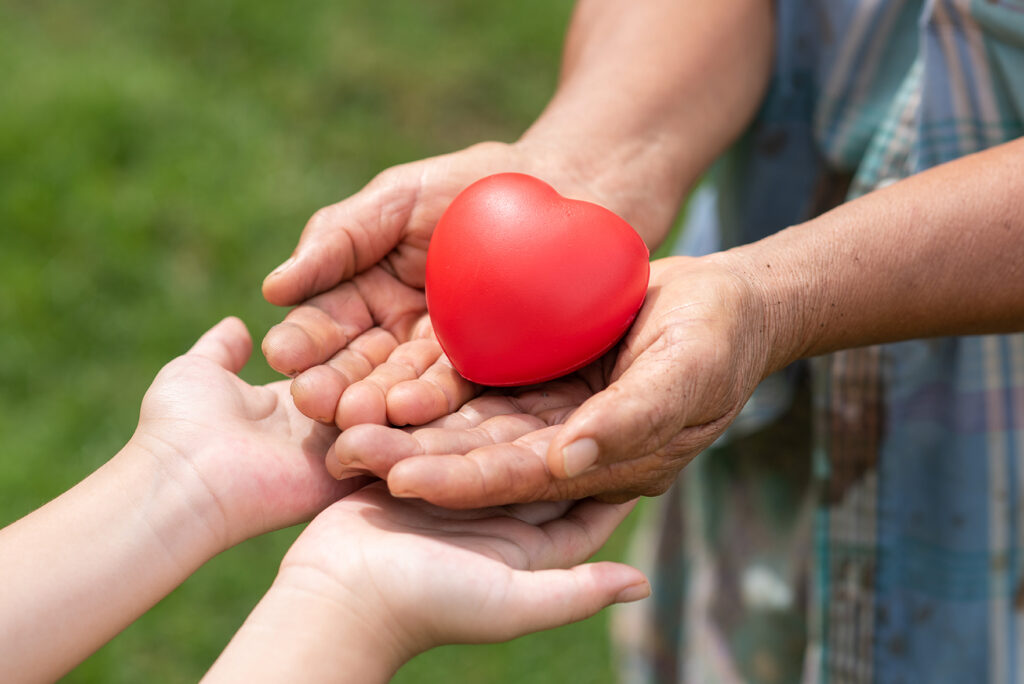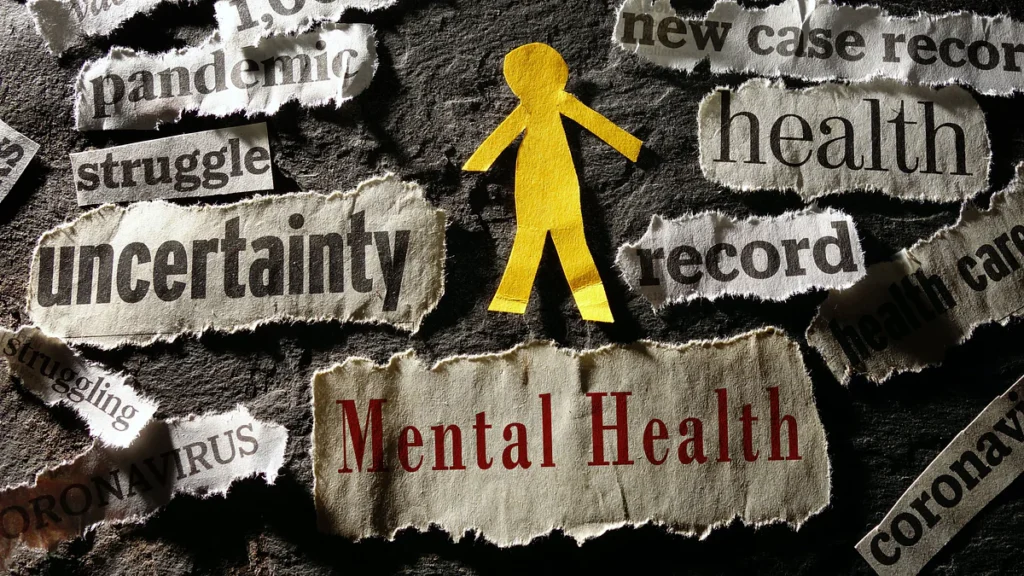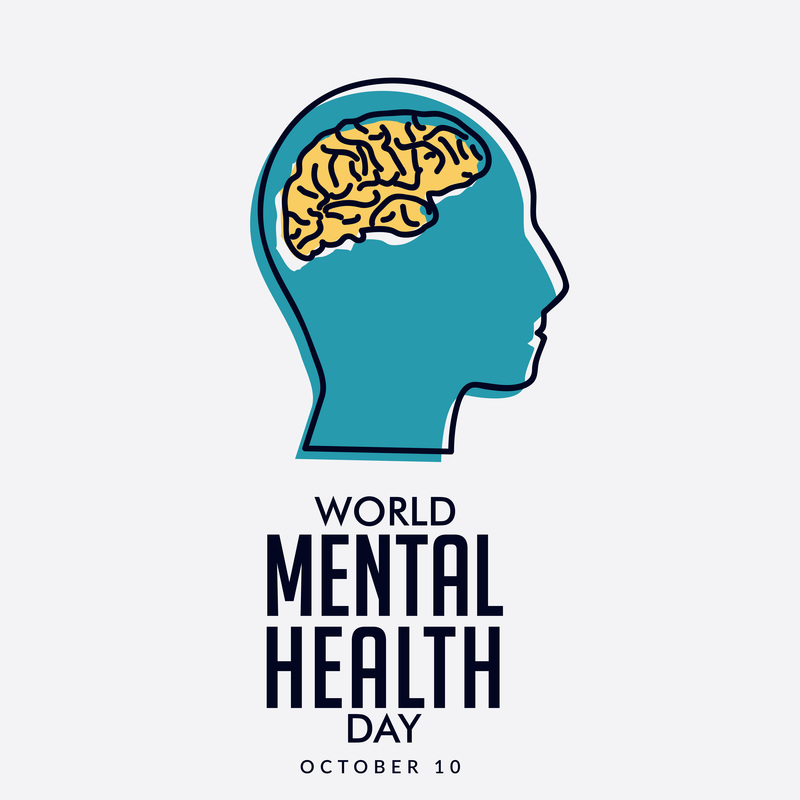World Mental Health Day is observed on October 10 each year. The day was established to increase awareness that there are people who struggle with their mental health, even though nothing is physically celebrated on it.
Prior to the pandemic, many people had trouble managing their mental health, but the world suffered as a result of the pandemic. Implementing forced lockdowns, postponing trips, and closing offices and enterprises due to a lack of clients and sales – in short, everything came to a complete stop. Everyone found it challenging to stay at home, especially if they were on a lockdown faraway from their families.
Many of us still experience mental difficulties even if the world is progressively returning to normal in the post-pandemic era. It’s difficult to say whether someone ever truly recovers from mental illness, but it is possible to reduce the episodes.
How can we tell if we’re struggling mentally?
You know you’re tired when you start to feel that way emotionally and cognitively as well. Even the fact that you feel exhausted despite getting enough rest could be a warning flag. It’s best to hold off on making any initial self-diagnoses. You can start by keeping an eye on yourself to see whether you need to get help.
What should I do if I have mental health issues? When should I go to someone?
Go for assistance if you believe the time is right. It’s alright to ask for assistance; don’t be embarrassed about it or frightened to do so. But you can always try going somewhere else first if getting help is not something you want to do right now. Slingo.com offers recommendations for destinations for wellness retreats.
Finding a specialist requires a lot of time and effort. Additionally, you should get ready for it because your therapist will ask you things that are likely to make you uncomfortable. Remember that both your feelings and the emotions you’re expressing are legitimate.
Who should I talk to about this?

You can speak to your family or friends if you can. However, if they are not available, getting expert assistance is a better course of action. Speak with a therapist; they are the committed mental health specialist in this situation. You can better understand how you’re feeling and why you’re feeling it by seeking counseling or therapy.
However, if you’re having a mental health emergency don’t hesitate to reach out to your local suicide prevention hotlines.
Why should I talk to a professional? Is it worth it?
Talking to a professional could be better than talking to a friend or family member. Besides the fact that they’re trained professionals, they’re able to break down what you’re feeling and help you understand yourself better little by little. Most of the time, it’s hard for us to talk to our friends or family members about what we’re going through.Unfortunately, most family members wouldn’t understand how tiring it gets for people who struggle with mental health issues every day. Which is why it’s highly encouraged to seek professional help.
The internet and the rest of the world are becoming increasingly harsh. Being exposed to the internet may be both good and terrible because everyone is typically anonymous and can continue to be harsh with everyone or with a specific person. Back then, people didn’t really care how horrible these individuals are since it’s still newsworthy, but as time passes, many of the cruel things that people say to others online have led to sadness, anxiety, and a loss of self-confidence, which in turn leads to suicide. If we’re searching for some character development on the internet, it seems like individuals are becoming more conscious of the consequences of their harsh remarks, but sadly not everyone holds themselves accountable for what they say. Some people make an effort to be more kind or understanding, while others decide to remain silent because it isn’t happening to them. But once they’re out there, they’ll eventually fall prey to someone. It’s a vicious loop that never ends, and it’s not good.

We need to be kinder with our words and learn how to support the current generation because it suffers from a lot of despair, anxiety, trauma, and other mental health conditions. We can’t ignore them any longer since how we react to them influences how they behave and think. Many people overthink, sometimes for the most trivial reasons and other times for the most important ones, and shunning them won’t do them any good. Because of this, everyone needs to be friendlier to one another. Being kind is not that difficult. Everyone will appreciate your kindness if you only show it to them in your actions or words around them. Ask someone gently if they need help and if they want someone to listen to them if you see them struggling and want to do something to help. People who are having a hard time can sometimes be relieved that someone is listening to them without responding. When someone talks about their experience and begins their sentence with “in my situation,” avoid being that person. They are discussing their emotions. If they don’t ask you what you think while you’re listening, don’t offer anything about yourself.

You don’t want to be someone’s trauma dump, which is where the statements become contradictory. Too much of it could make you feel something, especially if you are the kind of person who can relate to what the person is feeling since you are also going through something. Gently decline their request and suggest that they seek out a therapist if you don’t want them to open up to you. You can assist them by suggesting a therapist or by assisting them in their search.
We get an opportunity to recognize that everyone is going through something on World Mental Health Day. In addition, it allows us to check on those who are not very close to you. Do your best to always be kind.

